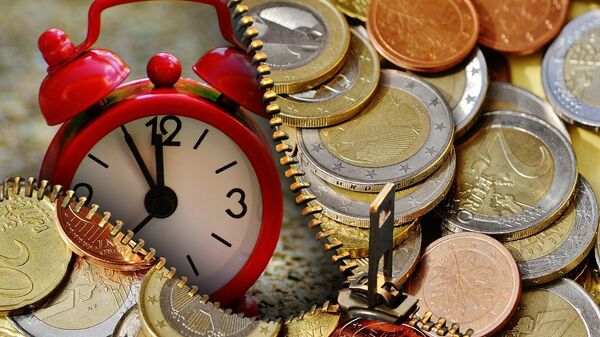Pierre Moscovici, EU Commissioner for Economic and Financial Affairs, Taxation and Customs, told a meeting at the Peterson Institute for International Economics, Washington DC, US, that the EU was facing mainly a year of political challenges with Brexit and the French, German and (probably) Italian elections, saying that part of the problem lies in failure to manage the eurozone properly.
"The challenges that lie ahead for Europe now are mostly of a political nature, but brought on by fundamental flaws in the eurozone single currency area, which have created a north-south divide that has led to a rise in populism in countries struggling to stay within fiscal limits," he said.
Here's the transcript of my speech on "Europe's Pivotal Year" at @PIIE earlier — https://t.co/l3L9KA8dbu pic.twitter.com/RHsMiL07i1
— Pierre Moscovici (@pierremoscovici) 20 April 2017
"The incomplete governance of the eurozone has produced or contributed to economic divergence rather than convergence between and within its members. And this divergence has in turn fueled populism, which still has its roots in economic discontent. There is cultural discontent, but the cultural discontent comes from the economic discontent," he said.
"A two-speed eurozone has emerged, with regional clusters of excellence (for example in southern Germany, Austria, Luxembourg, parts of the Netherlands, Flanders in Belgium, or northern Italy) and areas that are now clearly lagging behind."
He was referring to the north-south divide within the eurozone, with Greece struggling to meet the terms of its third bailout and Spain, Portugal and Italy all under pressure to go for more austerity to stay within the debt rules of the eurozone.
The divide came to a head when eurozone chief Jeroen Dijsselbloem criticized the southern states for not keeping within the debt rules because they were spending money on "booze and women" which caused an outcry.
"During the crisis of the euro, the countries of the north have shown solidarity with the countries affected by the crisis. As a Social Democrat, I attribute exceptional importance to solidarity. [But] you also have obligations. You cannot spend all the money on drinks and women and then ask for help," he said.
#Dijsselbloem should focus on policy changes to boost recovery, not make stupid comments says ETUC's @LehtoKatja pic.twitter.com/zQe6UCVQTB
— EUROPEAN TRADE UNION (@etuc_ces) 22 March 2017
"The legacy of the economic crisis — i.e. ballooning public debts, aging infrastructures, the erosion of public services, the degradation of human capital — is both pro-cyclical and unevenly distributed in the eurozone," said Moscovici.
"If this situation persists, it is hard to be optimistic about the prospects for the euro over the next five-to-ten years. So my message this year is that we need to address it, quickly and decisively.
"There are telltale signs that the overall dynamic in the eurozone is not sound. Italy's public debt is twice that of Germany. Germany's current account surplus is twice the eurozone average. German unemployment is half the eurozone average. And with this economic and thus social divergence, policy preferences are also becoming more and more polarized, both within and between Member States," said Moscovici.
"This seems to indicate that our economic governance is not producing the right policy mix — partly because we do not have the right policy tools."




